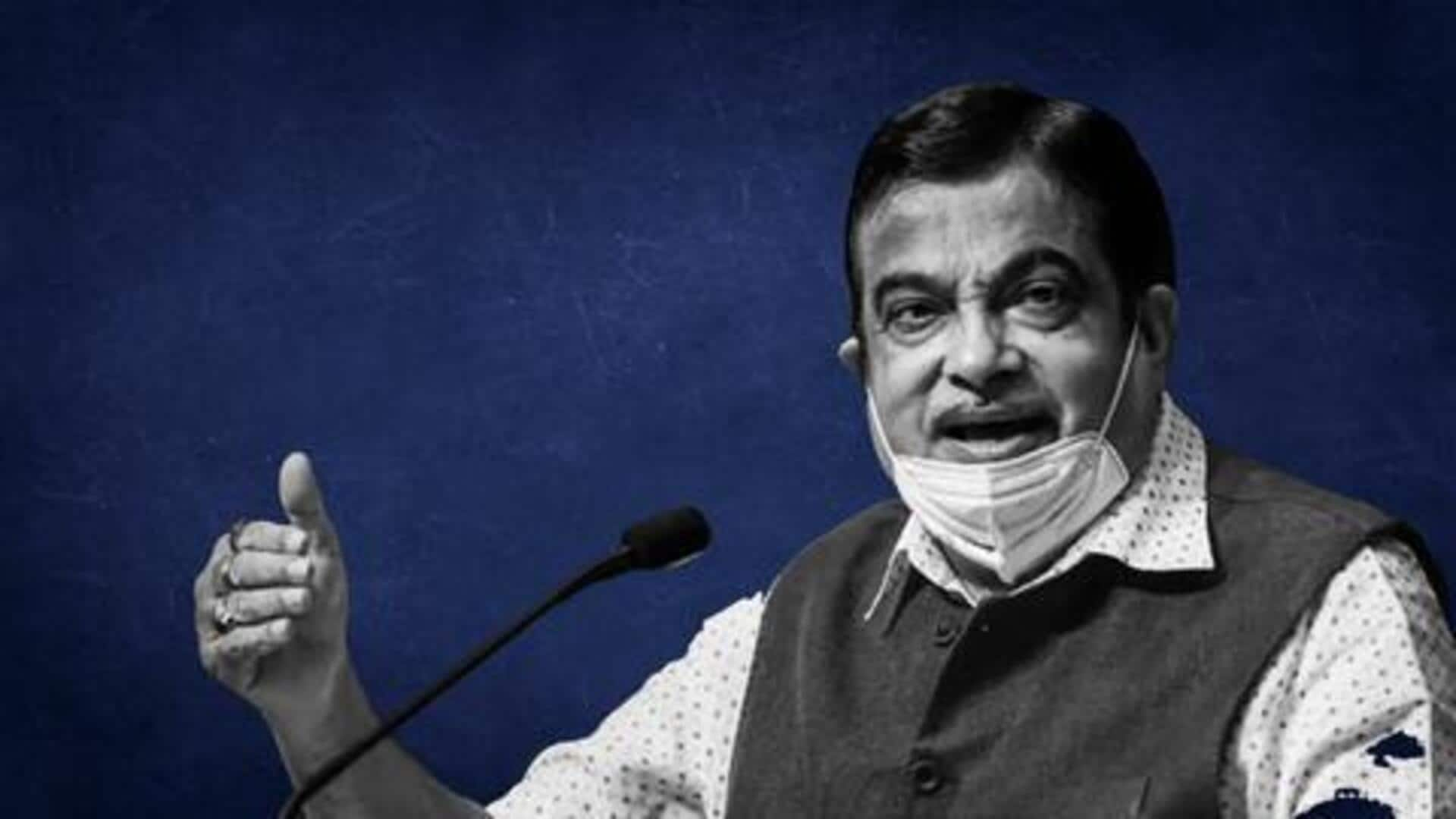
'What's wrong...': Gadkari defends electoral bonds, questions ban
What's the story
Union Minister Nitin Gadkari has defended the controversial Electoral Bond Scheme (EBS), saying that scrapping it would attack black money.
In an interview with NDTV, Gadkari said, "This scheme was made with the idea that parties would get money through bonds and it will help push the economy if you want to make it number one."
He said this aligned with Prime Minister Narendra Modi's ambitions on the economic front.
Context
Why does this story matter?
The Election Commission of India (ECI) made the first public disclosure of electoral bonds data provided by the State Bank of India (SBI) on Thursday (March 14).
According to the data, 1,260 companies and people bought 22,217 bonds worth Rs. 12,155.51, while 23 political parties redeemed them.
The Bharatiya Janata Party (BJP) received the highest donation, redeeming bonds worth Rs. 6,061 crore.
In February, the Supreme Court struck down the EBS, terming it "unconstitutional," violating citizens' right to information.
Statement
Gadkari points out potential black money influx
While Gadkari did not comment on the SC's judgment, he pointed out a potential drawback of withdrawing the EBS.
He warned that if bonds were disallowed, people would resort to using black money or "number two" money for political funding.
He also rejected the opposition's allegations of a "quid pro quo" between the BJP and donors.
Statement
Political parties need money for to contest elections: Gadkari
"Those wealthy would be contractors. Or those who have made it big in trade or industry. So, it is incorrect to claim quid pro quo," the Nagpur MP said.
"The idea was that parties would get money through bonds, helping push the economy to number one. What was wrong with that? It is a fact that parties need money to contest elections. Every party needs that (the money)," Gadkari added.
SC ruling
SC deems electoral bonds 'unconstitutional'
The Supreme Court deemed the EBS "unconstitutional," asserting that information about political party funding is crucial for making informed electoral choices.
The court contended that anonymity should not be extended to political donations above the Rs. 2000 threshold.
The EBS was introduced by former finance minister Arun Jaitley in Budget 2017, while the first tranche of bonds was made available in March 2018.
The SBI—the country's largest lender—was the entity responsible for issuing electoral bonds and keeping donors' details.
ECI
Election Commission releases more data on electoral bonds
Meanwhile, the ECI uploaded more data on electoral bonds on Sunday.
The information relates to disclosures by political parties, which were submitted under sealed cover following the Supreme Court's interim order on April 12, 2019.
Moreover, the election body said it had consistently advocated for transparency and disclosure regarding electoral bonds.
The top court had instructed the SBI to provide ECI with the electoral bonds data by March 6 and directed ECI to publish it by March 13.